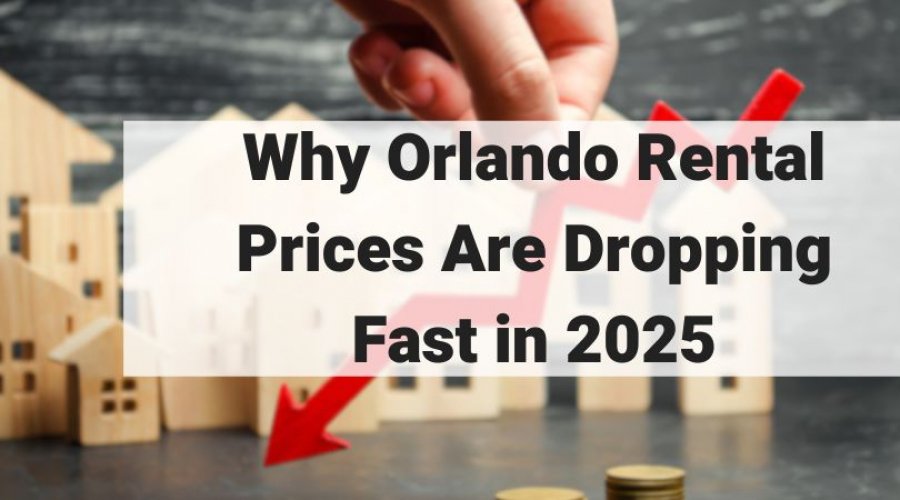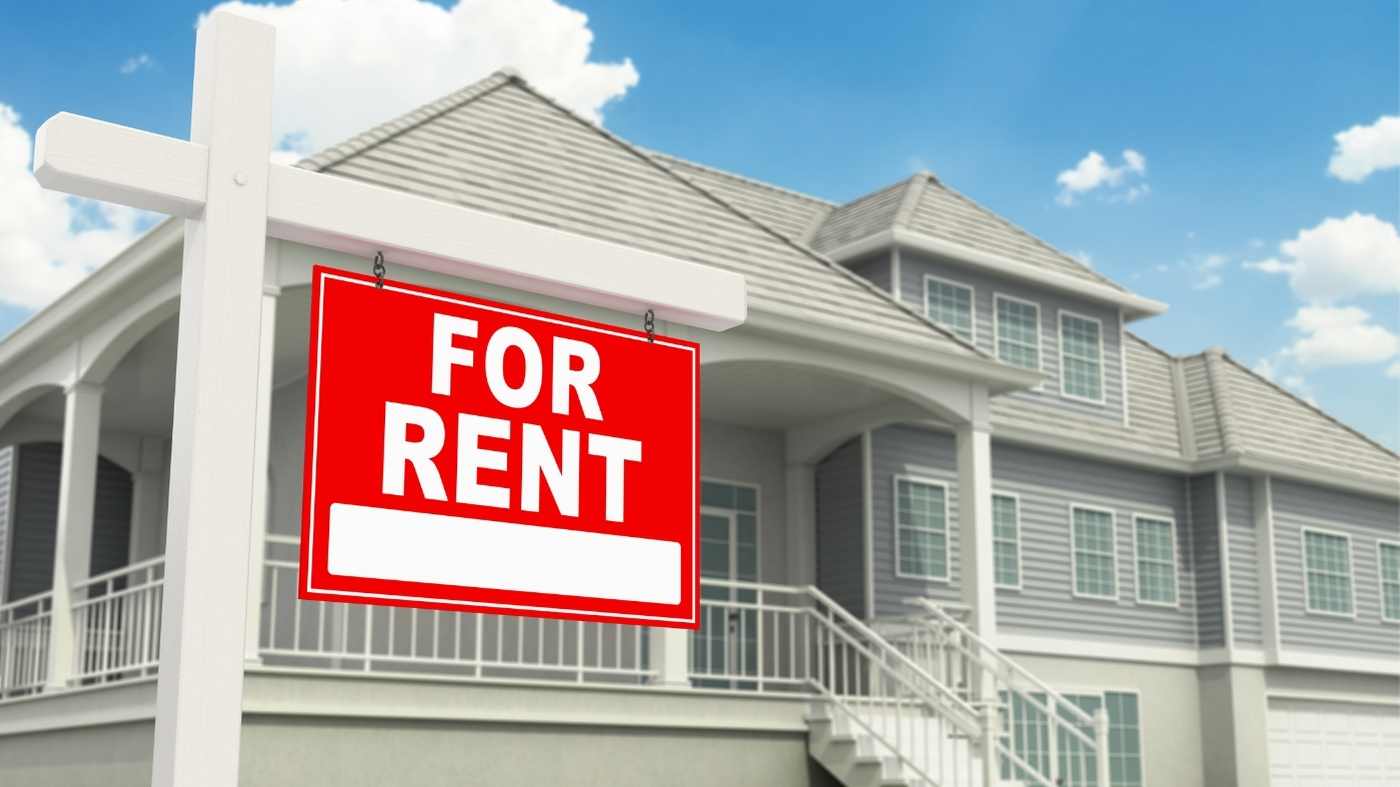
Over the past few years, Orlando's rental market has seen dramatic swings.
Booming rental prices, record demand, and now a surprising shift: rental rates are dropping. If you’re a landlord or real estate investor in Central Florida, you’re likely asking the same question many others are: What’s really going on?
At State Property Management, we’ve helped countless landlords navigate these market fluctuations. In this blog, we'll break down what’s led to this rental market correction and what it means for Orlando property owners today.
The Pandemic Boom And Its Lasting Impact
To understand today’s market, we need to rewind to 2020.
During the COVID-19 pandemic, Florida, particularly Orlando, experienced unique economic conditions. While Florida’s shutdowns were shorter than in many other states, industries like hospitality - core to Orlando’s economy - were hit hard. Many workers were sent home as businesses temporarily closed.
To support those who became unemployed, the federal government introduced enhanced unemployment benefits, giving individuals in Florida up to $875 per week, more than many were making at their pre-COVID jobs.
Combined with rent relief programs like Florida’s "OUR Florida", tenants were able to cover rent and basic living expenses without working. Many received 12 months of fully paid rent, while also collecting higher-than-usual unemployment.
Simultaneously, people from high-cost states like New York and California began moving to Florida, working remotely and renting homes for significantly less than what they paid back home. This migration added more pressure to an already tight housing inventory, sending rental rates soaring.
Developers Kept Building…And That Changed Everything
As rental rates skyrocketed and demand surged, developers ramped up construction of new multifamily housing. Investors bought properties with the assumption that rental prices would continue to rise indefinitely. They performed value-add renovations and set rents based on pro forma projections, not current market conditions.

But markets always correct themselves.
As the pandemic subsided, the enhanced benefits ended. Many tenants who previously qualified for rentals based on pandemic-level income now found themselves struggling to keep up. Rent relief dried up, and wages couldn’t keep pace with the inflated rental prices.
By late 2023 and into 2024, we saw a sharp rise in evictions, delinquencies, and lease abandonments. In fact, it was the highest rate of evictions our company had experienced since opening in 2011.
A Rent Bubble Burst? What We're Seeing in 2025
Fast forward to 2025, and we’re witnessing a clear rental correction in the Orlando market. In some neighborhoods, we’re seeing rental prices drop by 20–30%, especially in higher-end units. Inventory is up, and competition among landlords is fierce.
Many properties are now sitting on the market for 30, 60, even 90 days. We're seeing the return of leasing incentives like one month free rent or reduced security deposits, common tactics last seen during the 2008–2012 housing crisis.
But this isn’t necessarily a crash - it’s a rebalancing. The market is correcting itself after an unsustainable surge.
Why Your Orlando Property May Not Be Renting
Landlords across Central Florida are feeling the pressure. If your rental has been sitting vacant, it likely boils down to one key factor: pricing.
Tenants today are more informed than ever. With online platforms offering real-time market data, they know what’s fair, and they’re unwilling to overpay. If your rent is even slightly above market, your property will sit.
Additionally, with more inventory on the market, tenants have more options. They’re comparing amenities, location, and incentives. If your property doesn’t stand out, or if your pricing is still stuck in 2022 levels, it's going to be a tough lease-up.

What Central Florida Landlords Should Do Now
If you’re a landlord in Orlando or anywhere in Central Florida, here’s how you can stay competitive in today’s rental market:
1. Reevaluate Your Pricing
Look at what comparable properties are renting for right now. Not last year, not six months ago, today. Be realistic and adjust accordingly.
2. Offer Incentives (Strategically)
If you’re struggling to lease your property, consider offering one month free, reduced deposits, or other move-in perks. These small changes can make a big difference.
3. Focus on Tenant Retention
It’s more cost-effective to retain a good tenant than to face vacancy and turnover. Be proactive with renewals and consider modest rent increases, or even keeping rent flat, to keep reliable tenants in place.
4. Work with a Property Manager
Navigating a shifting market is complex. A local property management company like State Property Management can help you price your property competitively, market it effectively, and keep you compliant with all regulations.
The Good News: Central Florida Is Still a Strong Investment Market
Despite these short-term corrections, Orlando remains one of the fastest-growing regions in the U.S. The population continues to increase, new industries are emerging, and the long-term outlook for rental demand is still positive.
However, landlords need to understand that the days of automatic rent increases are over...for now. Success in today’s market requires a proactive, informed approach.

Need Help Managing Your Rental?
At State Property Management, we specialize in helping landlords navigate Central Florida’s ever-changing rental landscape. From pricing strategies to tenant screening, maintenance coordination, and more. We handle it all so you don’t have to.
Schedule a FREE rental property owner consultation today!
Managing rental property is rewarding, but it’s not without its challenges. With the right support, you can succeed in any market condition.